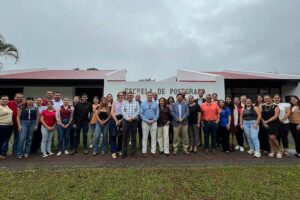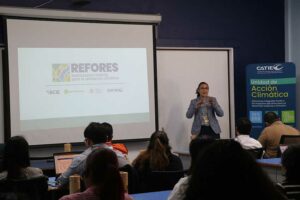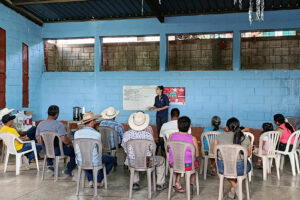Challenges of public expenditure in food security and nutrition
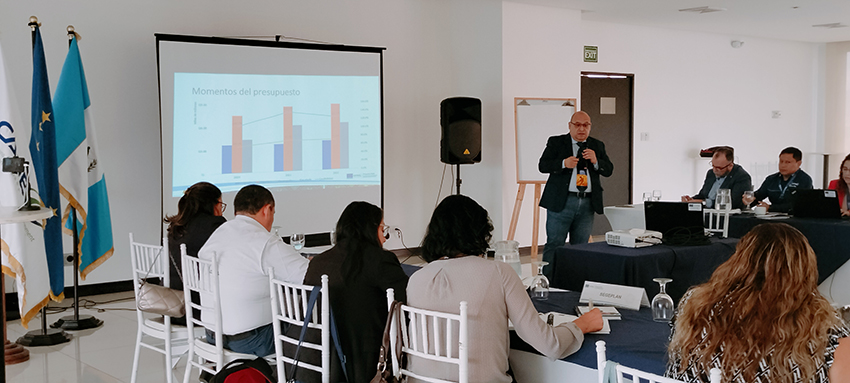
- Through a broad and open dialogue, CATIE seeks to respond to the information needs of decision makers in this area.
September 14, 2023. As part of the activities carried out by the National Nutrition Information Platform (PiNN) project in Guatemala, executed by the Tropical Agricultural Research and Higher Education Center (CATIE), a series of dialogues have been scheduled with decision-makers at the national, departmental, and municipal levels to address strategic issues and share information on Food Security and Nutrition (FSN), as well as the results of the analyses conducted by the PiNN project.
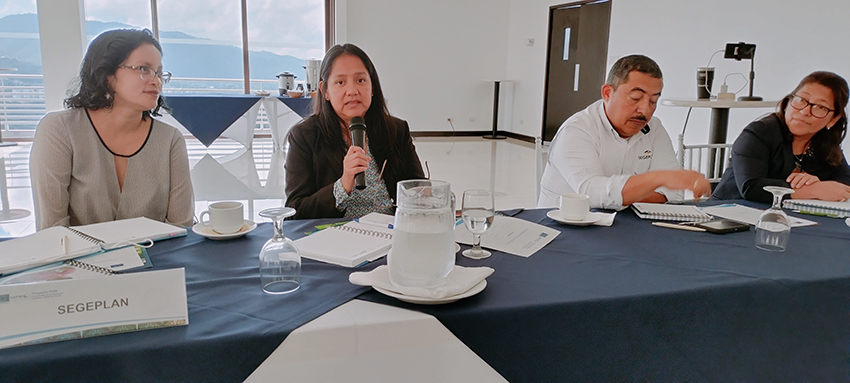
According to Eduardo Say, coordinator of the PiNN project, the results of a study on public expenditure in food security and nutrition were presented, responding to the information requirements of the Secretariat of Food Security and Nutrition (SESAN), as well as the Departmental Governor of Totonicapán and the Municipal Mayor of Momostenango, in the department of Totonicapán. They requested the PiNN project to conduct research to determine the budget allocated for FSN at the national, departmental, and municipal levels, in order to improve the budget planning of their interventions and decision-making based on the evidence presented by PiNN.
Julio López, CATIE's representative in Guatemala, stated that the process for conducting this research was successful thanks to the collaboration of the joint program "Strengthening the Financial Architecture for the Financing of Guatemala's National Crusade for Nutrition," executed by the United Nations Children's Fund (UNICEF), to incorporate elements of public investment analysis in FSN.
Enrique Maldonado, consultant for the PiNN Project in charge of the study, shared that public information from the Ministry of Finance (MINFIN) dashboards was accessed and budgetary analysis methodologies were applied, including the methodology of the Public Expenditure and Financial Accountability (PEFA) Program promoted by the European Commission, the International Monetary Fund, the World Bank, and the governments of France, Norway, Switzerland, and the United Kingdom, which is being implemented by MINFIN.
Officials from MINFIN, the Secretariat of Planning and Programming of the Presidency (SEGEPLAN), and SESAN participated in this activity; institutions with roles and responsibilities in coordinating planning and budgeting in the country, as well as providing technical coordination of Guatemala's National Food Security and Nutrition Information System (SINASAN).
Luis Montufar, advisor to MINFIN, stated that the importance of this study lies in demonstrating that the State is undeniably providing municipalities with tools for decision-making and better planning.
Elisa Herrera, Director of Territorial Planning at SEGEPLAN, considered that the study documents the scope of territorial issues, specifically in FSN, and provides clarity regarding the destination of public investment.
Finally, Marta María Pacay, public policy advisor for PiNN, stated that this dialogue is the second to be held to disseminate the study to current authorities and systematize their recommendations. She added that it is planned to present it to the authorities who are about to take office for the 2024-2028 term.
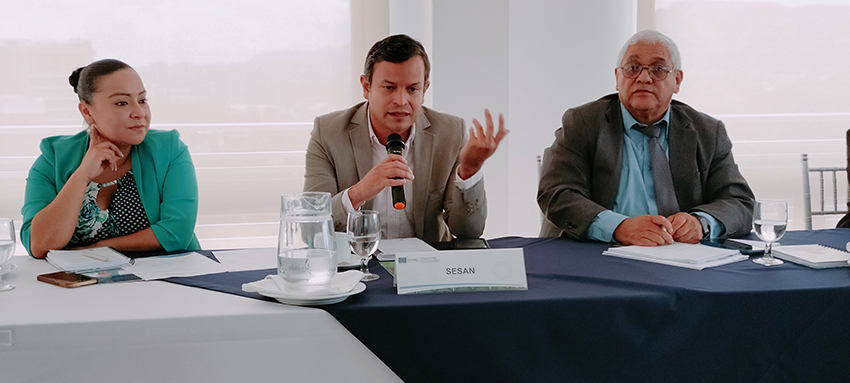

Tag:Guatemala, nutrición, Food security

